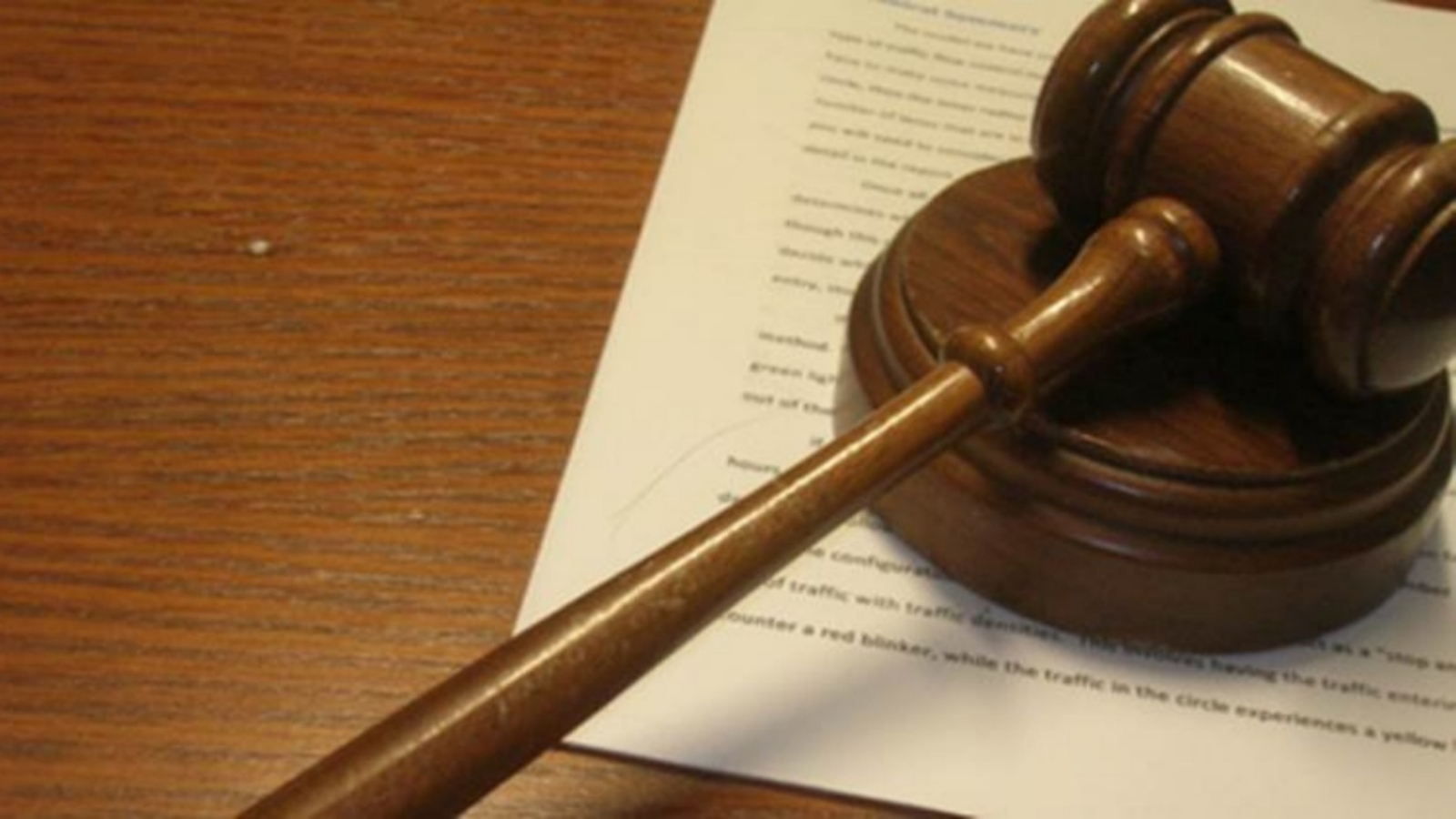The Bharatiya Nagarik Suraksha Sanhita, 2023 (BNSS) has replaced the Code of Criminal Procedure, 1973 (CrPC). As Indian criminal laws have undergone a change, in this column we shall explore a very troubling change to procedural protection that an accused has enjoyed: The protection against long periods of “police custody”.
The CrPC is my favourite piece of legislation, as I have always thought of it as the “Accuseds’ Constitution”. This is because when you have been detained, are being questioned and are surrounded by police officers, it’s the CrPC that protects you, limits your detention period in police custody, mandates that you be produced before a judge and enables you to access a lawyer. Importantly, the CrPC was not the coloniser’s instrument, but a post-colonial law that had undergone reforms in independent India. As a practitioner of criminal law, there is no statute more important than the CrPC that stands by the side of any accused.
The custody of an accused is broadly divided into two kinds — police and judicial. The former means that the police have principal control or physical custody over you, while the latter typically has you placed in a jail which has its own institutional rules and regulations, including visiting hours, access of the police to the accused, mealtimes, and sleep time. It is police custody which is typically the harshest experience for any accused.
In a previous article (‘The custody question’, IE, August 19, 2023) on the then BNSS Bill, I had argued that the wording of the Bill made it appear that custody, including police custody, could be extended up to 90 days, from the current limit of 15 days. Many of my colleagues at the bar argued that surely that could not be the correct reading of the Bill. Unfortunately, my assessment has proved to be accurate.
The BNSS appears to do away with the 15-day limit on police custody prescribed under the CrPC, nullifying safeguards against police excesses and violating an undertrial’s rights under Article 21. How does the new law manage this?
Section 167 of the CrPC authorised custody up to a maximum of 60 or 90 days, depending on the extent of punishment prescribed. Further, it contained a proviso to section 167 (2) which limited police custody to 15 days out of the 60 or 90 days (depending on the punishment imposed). The proviso read “(a) the Magistrate may authorise the detention of the accused person, otherwise than in the custody of the police, beyond the period of fifteen days, if he is satisfied that adequate grounds exist for doing so….”
It is evident from this that the attempt was to limit police custody and protect the accused from police excesses by mandating that police custody would only be up to 15 days. Section 187 of the BNSS does otherwise. It retains the timelines of 60 or 90 days and the concept of default bail, as in the CrPC. However, it omits the maximum limit of 15 days of police custody that was in the CrPC. This omission creates a situation where the Magistrate can authorise police custody detention for a period exceeding 15 days.
Section 187 (3) of the BNSS states: “The Magistrate may authorise the detention of the accused person, beyond the period of fifteen days, if he is satisfied that adequate grounds exist for doing so, but no Magistrate shall authorise the detention of the accused person in custody under this subsection for a total period exceeding— (i) ninety days, where the investigation relates to an offence punishable with death, imprisonment for life or imprisonment for a term of ten years or more; (ii) sixty days, where the investigation relates to any other offence, and, on the expiry of the said period of ninety days, or sixty days, as the case may be, the accused person shall be released on bail if he is prepared to and does furnish bail,”
To give you some context for how astonishing this extension of custody is, let us compare a harsh statute like the Unlawful Activities (Prevention) Act, 1967 (UAPA), which prescribes a maximum limit of 30 days for policy custody. Further, section 43 D of UAPA mandates that the investigating officer is required to file an affidavit providing reasons for seeking police custody, if the accused is in judicial custody. By contrast the BNSS, which is a statute pertaining to general criminal law, enables a three-fold increase of the maximum period of police custody as compared to even UAPA.
This is a constitutionally burdensome provision that will impinge on the rights of an accused. Spending up to 90 days with the police having unimpeded access to an accused is debilitating from the point of view of rights to life, health (including mental well-being) and fair trial. Under the CrPC, for any period beyond the 15-day limit for police custody, a judge can have the accused detained in judicial custody or order other custodial arrangements.
The BNSS, thus, nullifies safeguards against police excesses and violates an undertrial’s right under Article 21 of the Constitution. For an accused to be held in police custody for such a long period can make her susceptible to custodial violence/torture. In D K Basu v State of West Bengal, the Supreme Court held that Article 21 includes the right to live with dignity and thus also includes within itself a guarantee against torture and assault by state functionaries. Further, it held that the protection of Article 21 cannot be denied to convicts, undertrials, detenus and other prisoners in custody, and that any form of torture or cruel or inhuman treatment would fall under inhibition of the said right. BNSS seems to be at odds with this.
The writer is a senior advocate at the Supreme Court. She is grateful for the research assistance and insights of Utkarsh Pratap, Advocate at the Supreme Court



